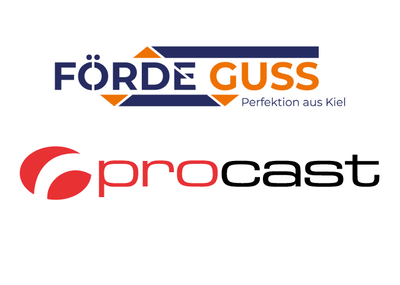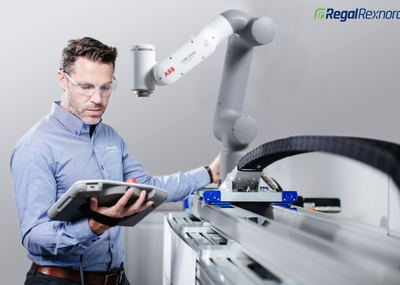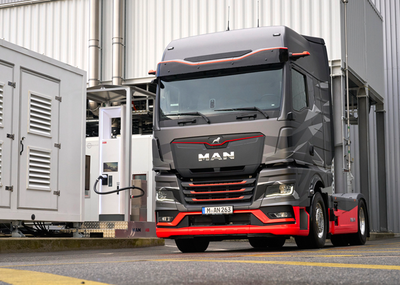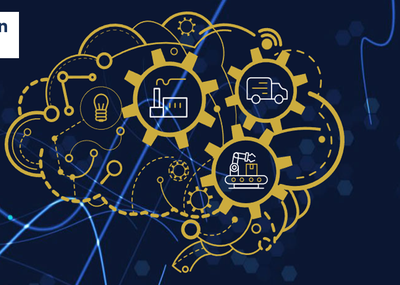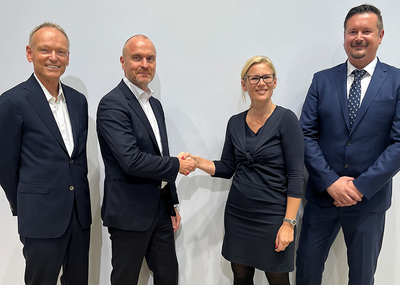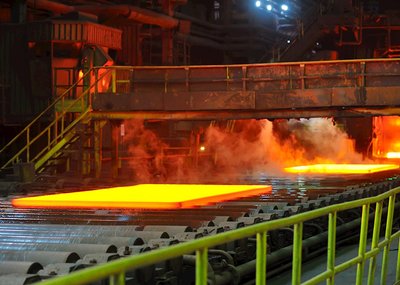The Japanese technology investor SoftBank Group announced on Wednesday that it will acquire the robotics division of the Swiss engineering group ABB for USD 5.375 billion. A corresponding agreement has already been signed. With this acquisition, SoftBank secures one of the world’s leading suppliers of industrial and service robotics solutions – a company that had originally been slated for an IPO.
Strategic Expansion of AI Activities
With this acquisition, SoftBank aims to strengthen its position in AI-driven robotics. ABB Robotics produces industrial, service, and transport robots that are increasingly equipped with artificial intelligence. SoftBank plans to combine ABB’s technologies and know-how with its existing robotics investments – including SoftBank Robotics, Berkshire Grey, AutoStore Holdings, Agile Robotics, and Sklid AI – to accelerate the development of robots featuring so-called embodied intelligence.
“ABB Robotics is a globally recognized brand known for reliability and performance,” SoftBank stated. The acquisition is intended not only to enhance innovation within SoftBank’s own robotics portfolio but also to leverage ABB’s strong market presence and established customer base.
Completion Expected by 2026
As part of the transaction, ABB’s robotics division will be spun off into a new holding company. The completion of the acquisition – subject to regulatory approvals – is expected by the end of the second half of 2026.
Expert Assessment by Samantha Mou, Interact Analysis
Samantha Mou, Senior Analyst at Interact Analysis, provided the following assessment of the deal: “The deal values ABB Robotics at USD 5.4 billion, implying an EV/EBITDA multiple of 17.2 for fiscal year 2024. This is broadly in line with other major industrial transactions (typically 12–18). Compared with Midea’s 15x multiple for KUKA, SoftBank is paying only a moderate premium – negligible given the current hype cycle around AI robotics, in which new entrants are commanding far higher valuations.”
At the same time, Mou highlights the structural challenges in the robotics market:
“Given the intense competition in traditional robotics, established manufacturers like ABB must take the lead in AI-driven robotics to protect their margins. However, achieving this requires substantial investment. These significant long-term research and development costs may have been a key factor behind ABB’s decision to sell its robotics business.”
The deal could also have broader implications for the industry:
“This move could prompt ABB’s competitors – particularly the other ‘Big Four’ industrial robotics players – to accelerate partnerships with AI and software firms or attract investors to ensure they have the resources to remain competitive in AI-driven robotics.”
Finally, Mou points out that while SoftBank has extensive experience in information technology and AI, it remains a newcomer to the industrial robotics sector:
“SoftBank has yet to establish a successful track record in robotics investments. This transaction marks the company’s first acquisition in the industrial robotics field, and it remains to be seen whether its IT-oriented corporate culture can successfully integrate with ABB Robotics’ engineering-driven DNA.”
Conclusion:
With the planned acquisition of ABB Robotics, SoftBank is sending a strong signal of its intent to expand its presence in AI-powered automation. If the integration succeeds, the Japanese investor could become a key player in the global market for intelligent robotic systems – a sector poised for significant growth in the coming years.



